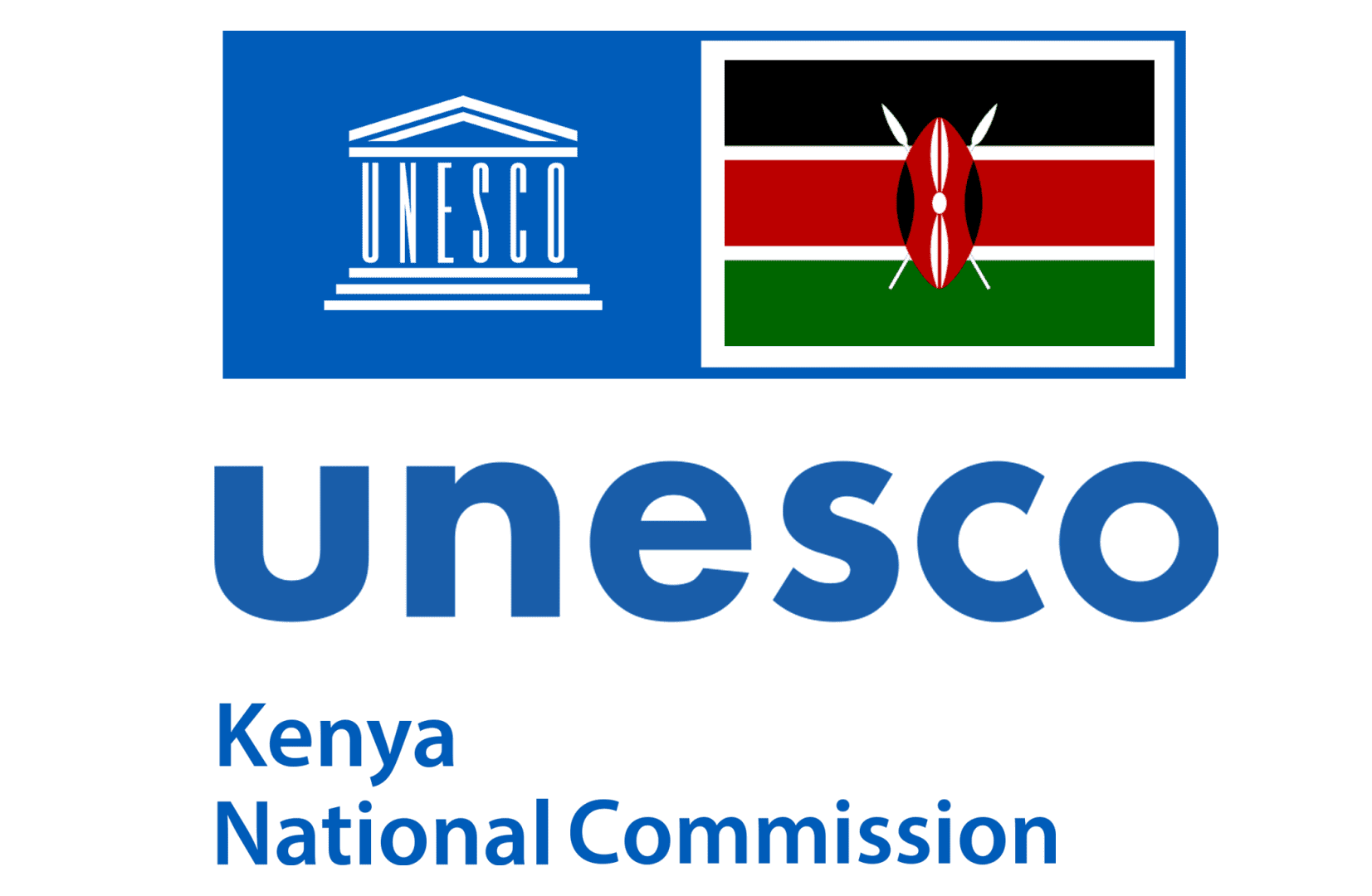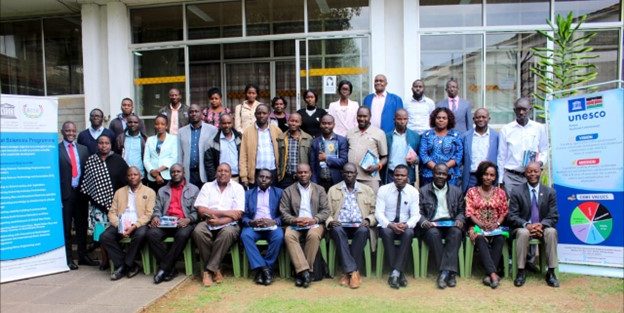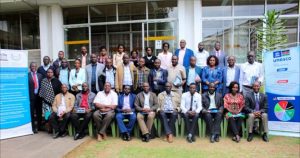TVET Instructors to Embrace Emerging Technologies in Pedagogy to Develop Skills for Industrial Revolution
Skills development provided by TVET institutions is considered as a key factor that can help a country mitigate and adapt to the impact of globalization, rapid technological change, trade liberalization, increase exports and foreign direct investment and address the environmental questions linked to climate change and the increased international movement of labour. This is the engine of economic development, international competitiveness and knowledge-intensive economic sectors or sub-sectors. The importance of a successful TVET system in imparting world-class skills for global competitiveness on the one hand, and to link informal economies to formal through the provision of skills that enable people to access decent jobs and integrate into mainstream economic life on the other, cannot be over-emphasized.
The Kenya National Commission for UNESCO appreciates the critical role of TVET in addressing global challenges of youth unemployment, skills demand and supply mismatch. Through the UNESCO Strategy for Technical and Vocational Education and Training (TVET) 2016-2021, Member States are required to enhance the relevance of their TVET systems. This is meant to equip all youth and adults with the skills required for employment, decent work, entrepreneurship and lifelong learning and contribute to the implementation of the 2030 Agenda for Sustainable Development as a whole. At national and regional levels, TVET is critical in addressing national development priorities and targets including the Big Four Agenda, the Vision 2030 blueprint and the African Union 2063 Agenda and its Science, Technology and Innovation Strategy for Africa 2014-2024.
The Commission organized a training of TVET instructors’ workshop that was held from 12-13th April 2022 at ARC Hotel, Egerton University, Nakuru. This is part of a series of such capacity building initiatives to develop capacity of TVET trainers in emerging technologies preparing TVET teachers/trainers to competently use digital tools, technologies and resources to deliver effective online or offline distance learning. This has spin off to effective delivery of high quality STI content and teaching that promotes innovation, life skills and achievements for learners.
The objectives of the workshop were to train TVET teachers/trainers to use digital communication tools and online learning platforms; develop teachers’/trainers’ skills and competencies to apply these tools, technologies and resources in a pedagogically effective manner, equip technical trainers with information on emerging opportunities and best practices including skills for circular economy; and deliberate on challenges and constraints to the uptake and mainstreaming emerging technologies and innovations in TVET training programmes.
The workshop brought together over 35 TVET instructors drawn from TVET institutions in Baringo, Kericho, Narok and Nakuru counties. With facilitators drawn from Micro and Small Enterprises Authority, Technical Vocational Educational Training Authority, Kenya Industrial Research and Development Institute, African Centre for Technology Studies, Kenya Association of Manufacturers and the Kenya Innovation Agency, the workshop provided an opportunity to share experiences and equip TVET instructors with mentorship skills that will translate into increased interest among learners in creativity and innovation.
In her opening remarks, the Secretary General/CEO of the Kenya National Commission for UNESCO, Dr. Evangeline Njoka, challenged the participants to embrace emerging technologies in their pedagogy and to develop skills to enable the youth leverage on the opportunities that come with the fourth and fifth industrial revolution including the jobs of the future thus bridging the skills supply and demand gap. She also encouraged them to use the skills acquired from the training to teach their colleagues.
The workshop was organized in the form of presentations, group discussions and plenary discussions during which some of the topics covered included enhancing competitiveness of small and medium enterprises through application of science, technology, and innovation; role of TVET in realization of sustainable development; latest trends and technologies important for industrialization; overview of emerging technologies of importance to TVET; latest trends and technologies important for industrialization; industry needs and skill supply: mismatch and challenge to industrialization; TVET and innovation and existing support mechanisms and research opportunities in TVET. The instructors were challenged to provide solutions to existential societal problems through increased research, innovations, partnerships and skills developed.




